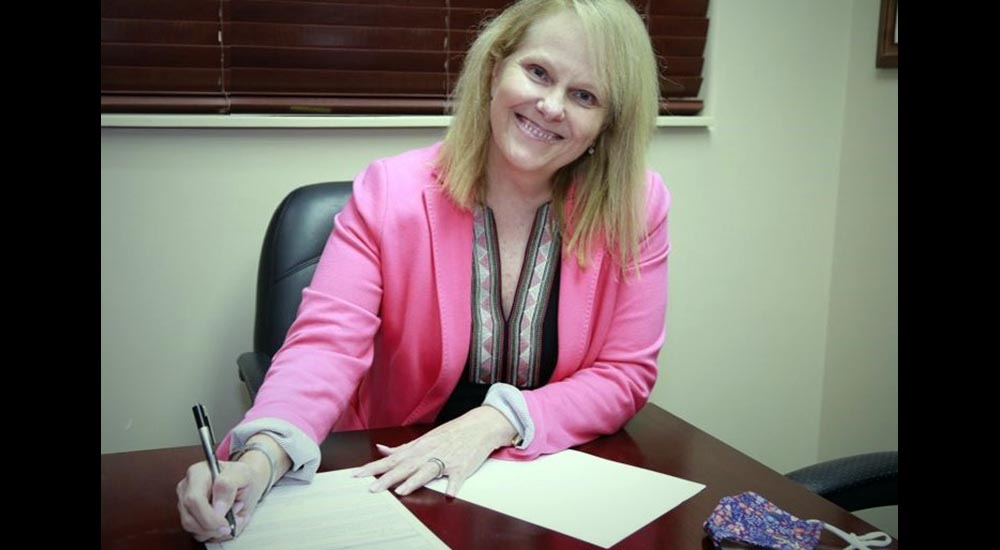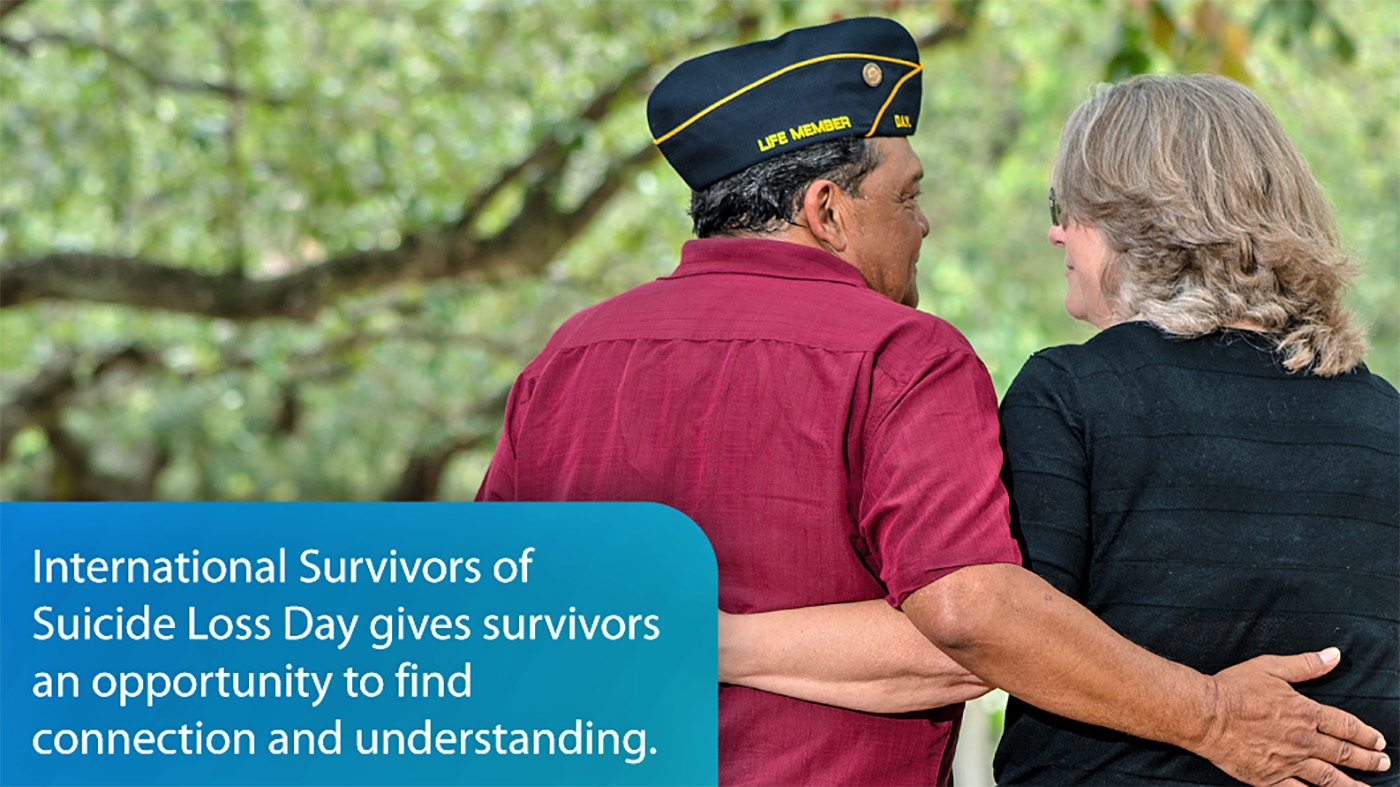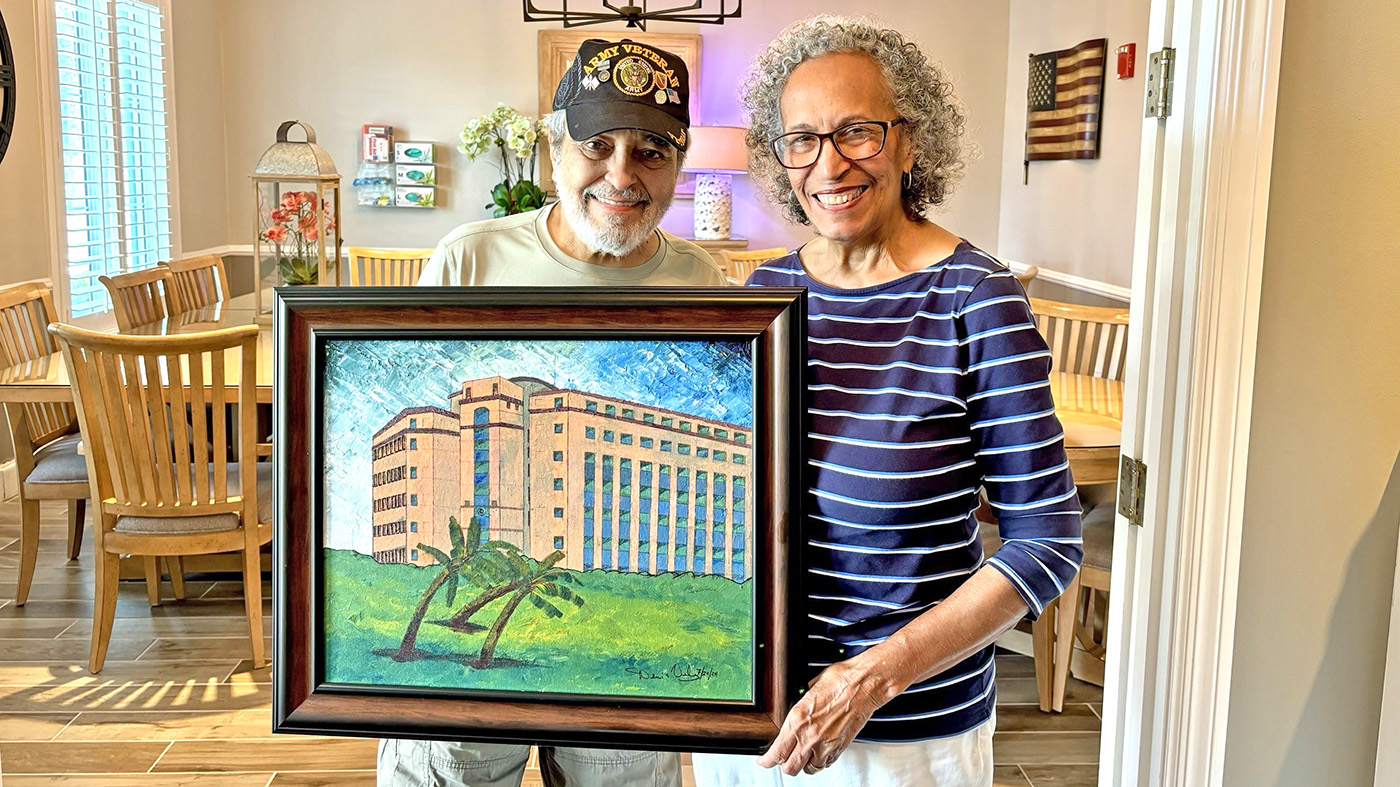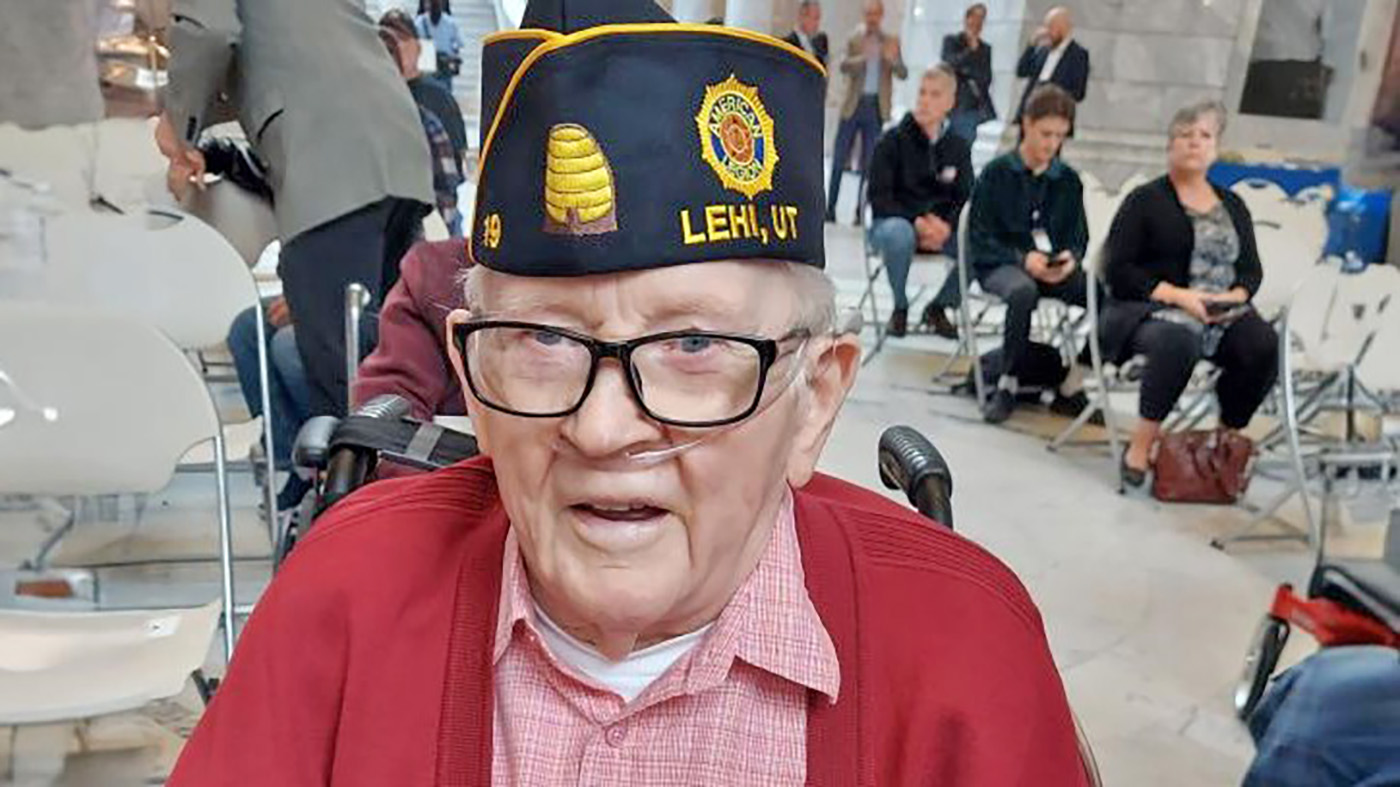For more than 30 years, Jennifer Vedral-Baron was a nurse in the Navy, focused on taking care of military members and their families. Now, she is using her experience to support and encourage other Veterans to express and document their wishes in an advance care directive.
Recently, Vedral-Baron (pictured above, is the director of the Tennessee Valley Healthcare System) renewed her own advance directive. She also leads an effort to offer advance care planning group discussions to Veterans at her facility, a VA flagship site for the Whole Health system of care.
Her Whole Health program emphasizes personal health planning, Veteran empowerment and seamless care within VA.
“Whole Health, one program that we offer, allows Veterans an opportunity to discuss advance care planning in a supportive, relaxed group with other Veterans,” she said.
Transforms one-on-one planning into interactive group process
The Advance Care Planning via Group Visits (ACP-GV) program is a VA Diffusion of Excellence Practice. Sixty sites nationwide offer the program, with efforts underway to implement it in all VA facilities.
The program transforms the traditional one-on-one advance care planning conversations into an interactive group process with Veterans. These sessions engage Veterans and their loved ones to make decisions about their future care. This ensures that they are known and able to be communicated by those they trust if they are ever unable to make or communicate decisions for themselves.
“As a nurse, I understand how important an up-to-date advance directive is,” she added, “and I want to make sure every Veteran has the opportunity to discuss this topic and make an informed choice about creating one for themselves.”
Important to know preferences before a crisis
Kimberly Garner, M.D., the ACP-GV national lead, agrees. “By engaging Veterans and their trusted others in group discussions, we are able to ask questions of the group and facilitate Veterans sharing their experiences with one another. Sharing past experience of being, or observing, medical decision making for a loved one is helpful for the other group participants.”
It is important to begin thinking about preferences, talking to people about these preferences and even writing down the preferences prior to a crisis occurring, according to VHA National Social Work Program Office officials.
According to the program office, benefits of documenting these choices, include:
- Making sure you receive the treatment you want.
- Helping your loved ones represent your wishes to the health care team when making decisions.
- Reducing the stress your loved ones may experience when asked to make decisions on your behalf.
- Documenting cultural and religious preferences related to medical care.
A group discussion encourages other Veterans to understand advance care planning. It also can provide valuable information if there comes a time when a Veteran is unable to express their preferences.
“Planning ahead can help reduce added stress on families and caregivers in an unexpected emergency,” said Jennifer Koget, a licensed clinical social worker, and acting national director of VHA Social Work. “Advance directives allow the health care team to know what the Veteran’s preferences are and how to honor those preferences in situations when they are unable to communicate.”
Additional information about advance care planning is available:
- VA Podcast: Choosing a Health Care Agent.
- VA Podcast: What’s an Advance Directive and Why Should I Complete One?
- VA Podcast: I’ve Been Chosen as A Health Care Agent – Now What?
- To complete a VA Advance Directive form: https://www.ethics.va.gov/for_veterans.asp.
- For more content about Advance Care Planning: https://www.va.gov/geriatrics/pages/advance_care_planning_topics.asp.
- To learn more about Advance Care Planning in a Group Visit setting: https://www.socialwork.va.gov/ACP_GV.asp.
Elisabeth M. (Beth) Skaggs is a technical writer for HSR&D, Central Arkansas Veterans Healthcare System.
Topics in this story
More Stories
If you’ve lost a loved one to suicide, resources and support are available to help you cope during your grieving and healing.
Army Veteran Denis Velez donated a painting of his VA hospital as a way of giving back for his treatment there.
Ron Anderson's story of being caregiver for his father in his final years is a journey of love and duty.






